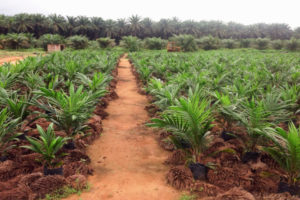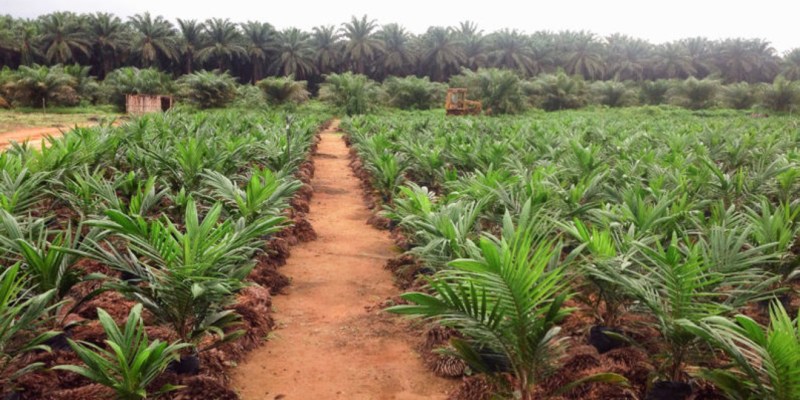A recent study by researchers in the School of Earth, Energy and Environmental Sciences has found that an Iceland-sized region of Africa has been undergoing harmful deforestation since the beginning of the 21st century.
Researchers have found that burgeoning soy and palm oil markets have pushed agricultural production into new tropical regions. Although Africa’s deforestation rates still remain far below those of South America, the vast tracts of land that have been cleared for the production of cash crops pose an ecological threat.

Historically, the majority of sub-Saharan agriculture has occurred through small farmers running local enterprises. However, as the demand for soy and palm oil expands, larger commercial enterprises have begun to take hold. Property conflicts motivate these profiteering companies to clear new farmland rather than cultivate existing plots, further exacerbating the depletion of native vegetation.
Deforestation poses a serious threat to the economy and people of Africa. African forests make up 30 percent of the total forest area worldwide and provide food and income for 100 million people.
Although forests have already been severely damaged, the researchers remain hopeful that African legislators will learn from the experience of South America and Southeast Asia when it comes to deforestation policy.
Over 60 percent of global deforestation occurs in Brazil and Indonesia, where poor conservation policies failed to conserve the natural habitat. Other developing nations have implemented a myriad of variant policies with some success. African politicians gauging the best path forward will have the benefit of observing what has previously worked and failed.
“In Africa, we have the opportunity to take lessons learned from other regions and recommend preventive policies,” said Elsa Ordway, a fourth-year Ph.D. student and lead author of the researchers’ paper, to Stanford News. “We are starting to better understand issues related to large-scale agriculture expansion in the tropics.”
The researchers have published several steps to promote economic growth in tandem with environmental stewardship. They believe that investing in small-scale operations that grow minimally destructive crops could simultaneously generate revenue and preserve natural resources. Finally, they hope that their research will spur greater enthusiasm to sign United Nations commitments to conservation.
Contact Josh Kazdan at jkazdan ‘at’ stanford.edu.
